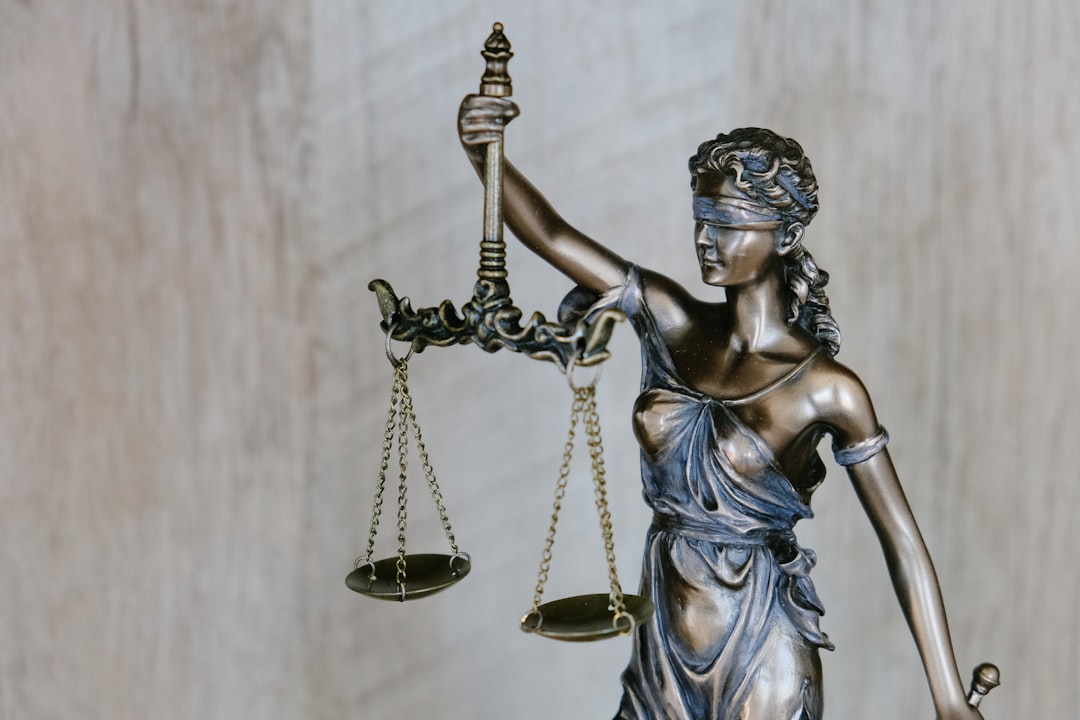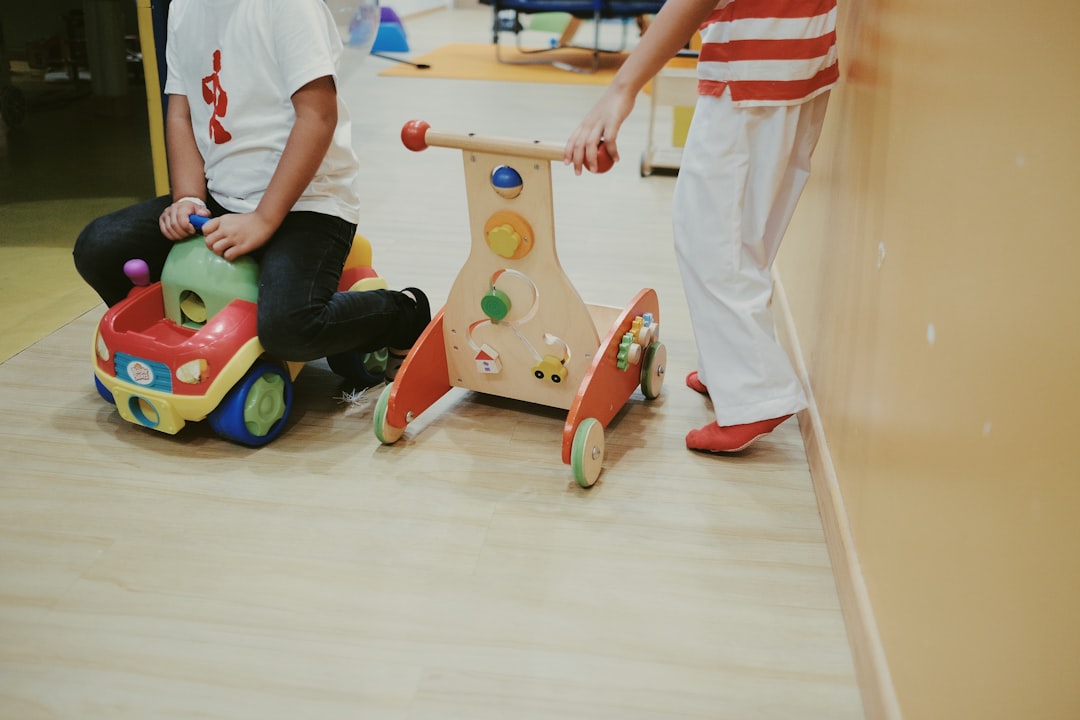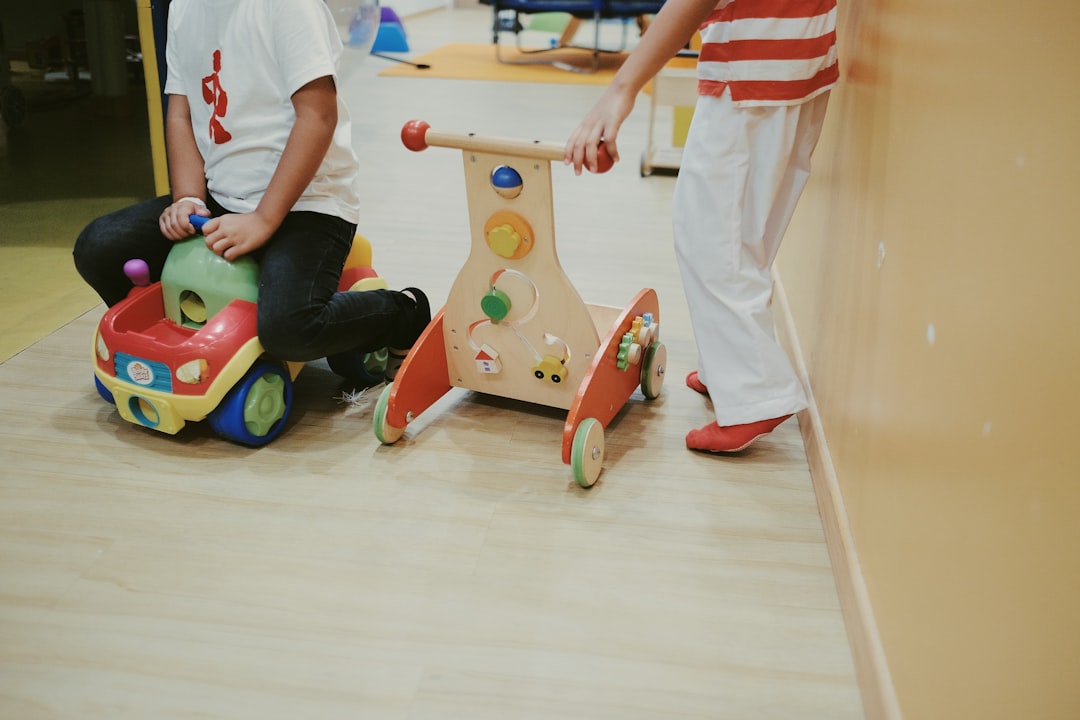In Newark, New Jersey, childcare workers are legally required to undergo training for child safety, covering first aid, abuse identification & reporting, discipline strategies, and parent communication. Training methods include online courses (offering flexibility) and in-person sessions (providing hands-on learning). Despite challenges like accessibility disparities and cultural sensitivity, both approaches are vital in preventing daycare abuse. Combining these methods, alongside legal guidance from a Newark daycare abuse lawyer, ensures centers meet safety standards and stay informed about regulations.
In Newark, New Jersey, ensuring quality childcare is paramount, making training for workers an indispensable aspect. This article explores the ongoing debate between online and in-person training methods, each with its unique advantages and drawbacks. We delve into how online platforms cater to flexibility but face technical challenges, while in-person sessions foster interactions but may limit accessibility. Moreover, we examine legal considerations, highlighting the pivotal role of comprehensive training in preventing daycare abuse, especially with the expertise of a Newark daycare abuse lawyer.
Understanding the Importance of Training for Daycare Workers

Training is an indispensable aspect of ensuring the well-being and safety of children in daycare settings. For Newark, New Jersey’s childcare workers, acquiring comprehensive training is not just a recommendation but a legal requirement to prevent potential incidents of daycare abuse. A qualified daycare abuse lawyer in Newark NJ can highlight the significance of these training programs, which equip caregivers with the knowledge and skills to handle various situations, from basic first aid to recognizing and reporting signs of abuse or neglect.
Moreover, effective training fosters an environment where workers feel empowered to create positive change. By learning age-appropriate strategies for discipline, conflict resolution, and emotional support, they can contribute to a nurturing atmosphere that promotes children’s overall development. This proactive approach not only safeguards the kids but also strengthens the relationship between caregivers and parents, fostering trust and transparency.
Benefits and Challenges of Online Training in Newark, NJ

In Newark, New Jersey, the shift towards online training for daycare workers presents both advantages and challenges. One significant benefit is accessibility; online courses allow workers from diverse backgrounds and locations to participate in professional development opportunities without geographical constraints. This is especially beneficial for a city like Newark with its dense population and varied workforce, ensuring more daycare staff can receive vital training. Online platforms also offer flexibility, accommodating busy schedules and enabling workers to learn at their own pace.
However, challenges exist when it comes to online training. The potential for isolation and reduced interaction compared to in-person sessions is a concern. Newark’s diverse community may benefit from cultural sensitivity training, which online formats could struggle to replicate effectively. Additionally, ensuring equal access to technology and a stable internet connection is crucial, as digital divides might exclude some workers. Despite these challenges, online training can be an effective tool to combat daycare abuse by educating staff on recognizing and reporting suspicious activities, especially when combined with support systems that address the city’s unique social and economic factors.
In-Person Training: Advantages and Potential Risks

In-person training sessions for Newark daycare workers offer several advantages, such as hands-on learning experiences and immediate feedback opportunities. These interactive sessions allow for better comprehension of complex topics like child development, safety protocols, and effective discipline strategies. Facilitators can observe participants’ body language and adapt their teaching methods accordingly, fostering a more engaging environment. Moreover, in-person training encourages networking among colleagues, facilitating knowledge sharing and building a support system within the daycare community.
However, potential risks are also associated with this mode of training. It may not be accessible to all workers due to scheduling conflicts, transportation challenges, or personal commitments. Additionally, physical locations have limitations regarding space and resources, which could hinder comprehensive coverage of certain subjects. Furthermore, in-person sessions might increase the risk of daycare abuse or neglect if sensitive information is shared or discussed in an unsecured setting. Therefore, ensuring a safe and confidential environment remains paramount for all training activities.
Legal Considerations for Preventing Daycare Abuse: The Role of Training

Daycare centers in Newark, NJ, face significant legal responsibilities to ensure the safety and well-being of children under their care. Given the sensitive nature of childcare, preventing abuse and neglect is not just a moral obligation but also a legal requirement. A crucial aspect of achieving this is comprehensive training for daycare workers. Both online and in-person training programs play a vital role in arming staff with the knowledge and skills to recognize and report potential instances of abuse or neglect.
Online courses offer flexibility, allowing educators to reach a wider audience, especially in a diverse city like Newark. However, in-person training provides an opportunity for interactive learning, role-playing scenarios, and immediate feedback, fostering a deeper understanding of legal protocols. A combination of these training methods could be the most effective strategy, ensuring that daycare workers are well-prepared to handle sensitive situations while adhering to local laws and regulations. Seeking guidance from a daycare abuse lawyer in Newark NJ can further help centers implement robust safety measures and stay informed about evolving legal standards.






